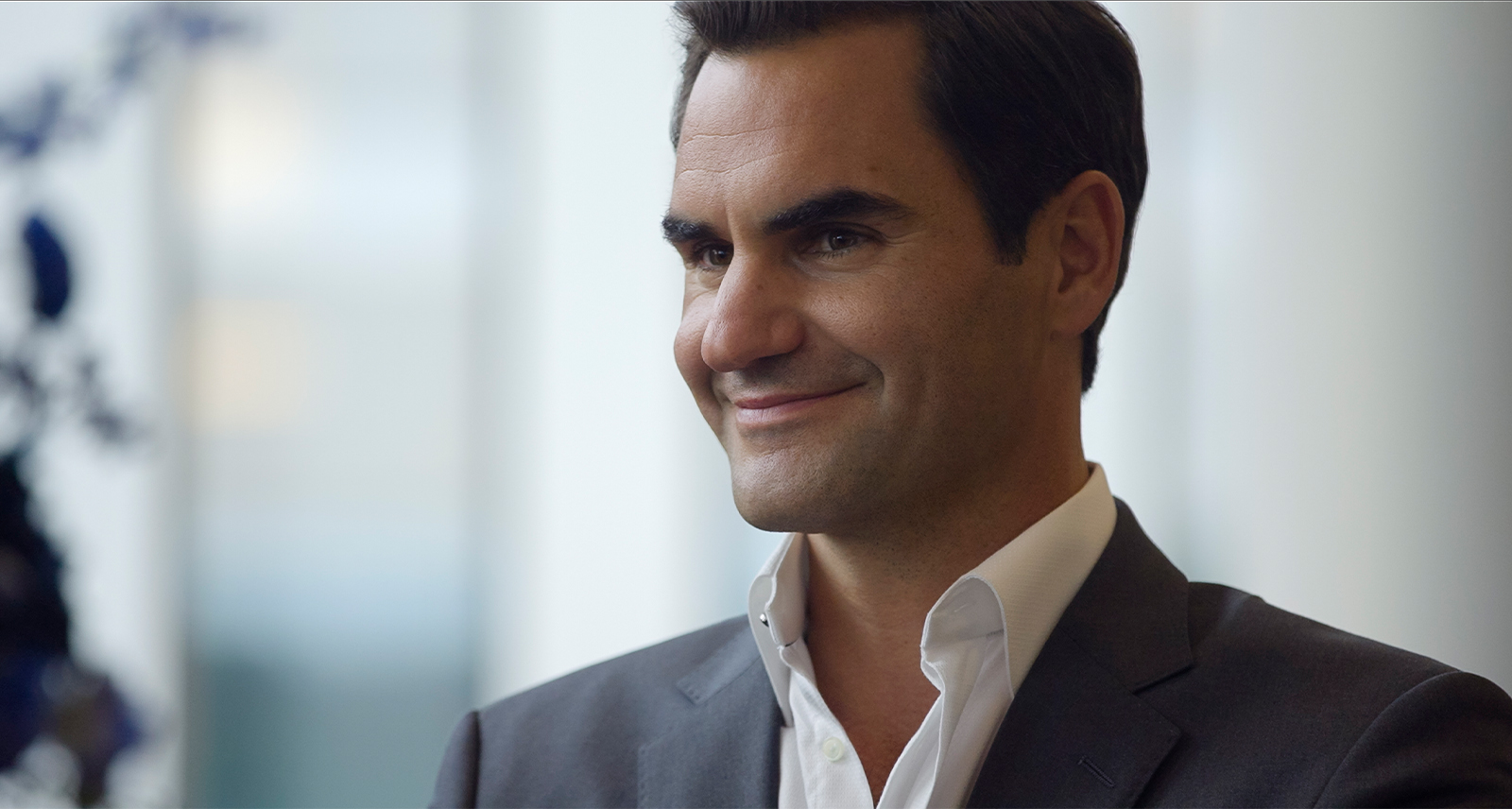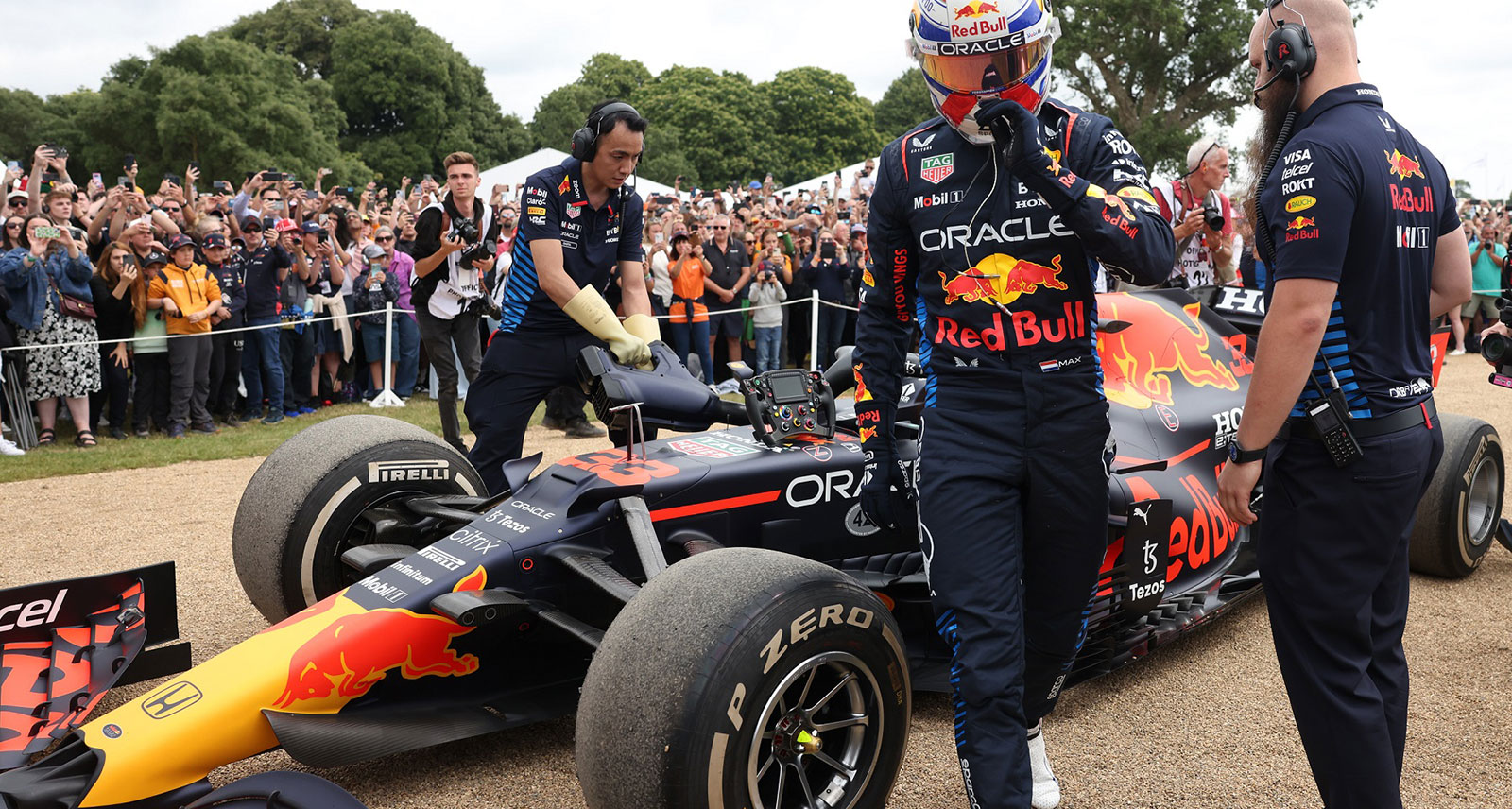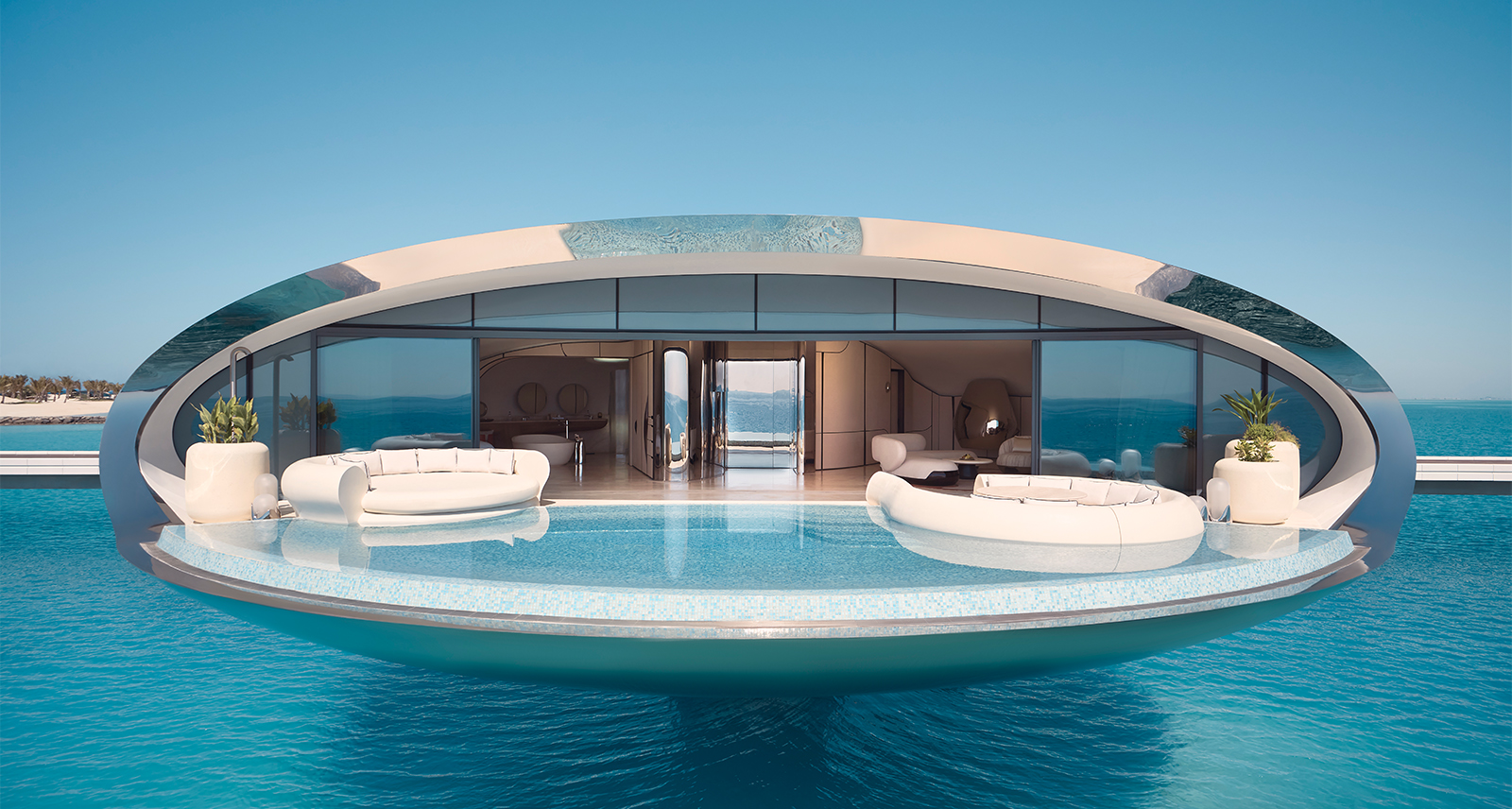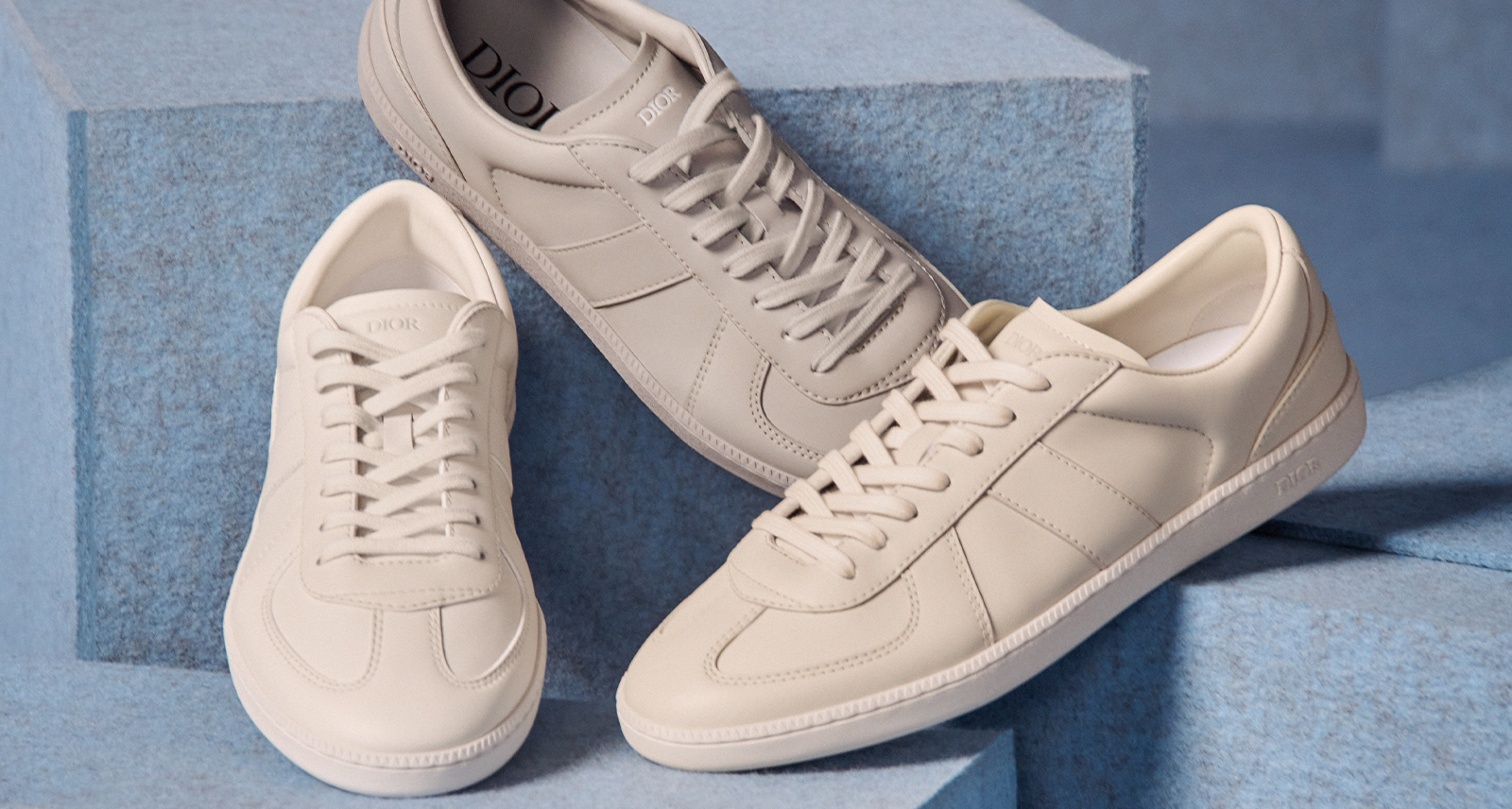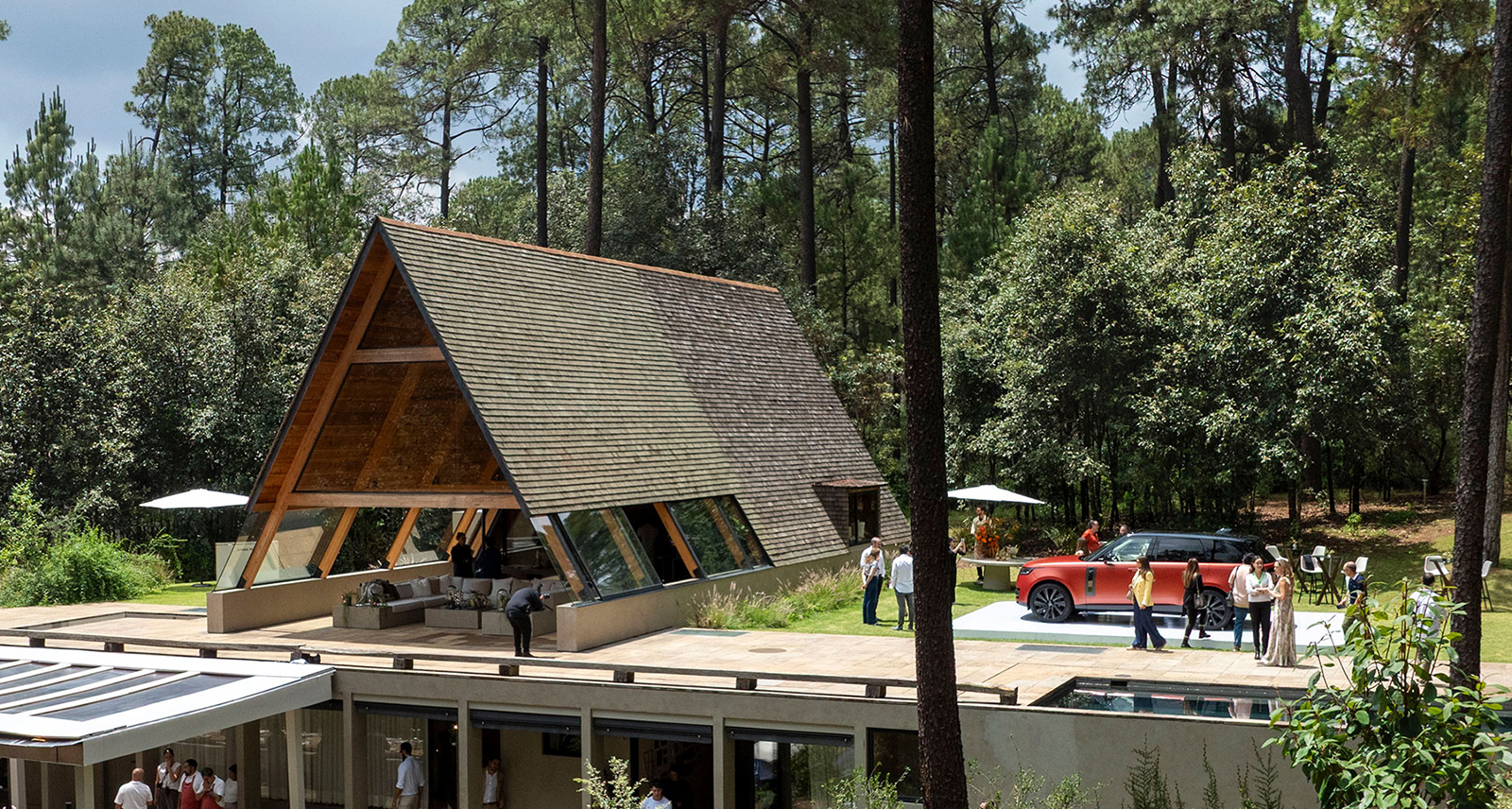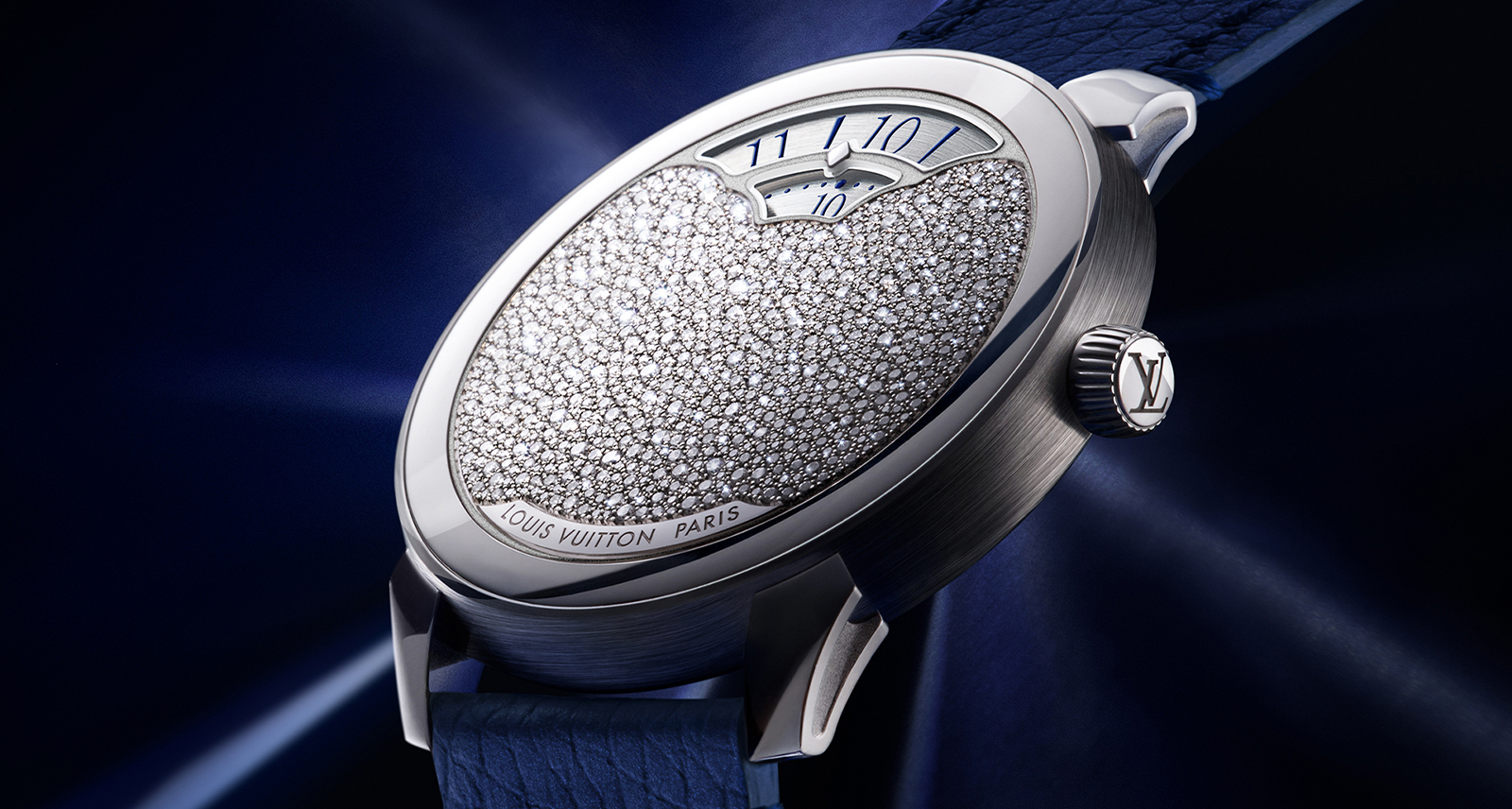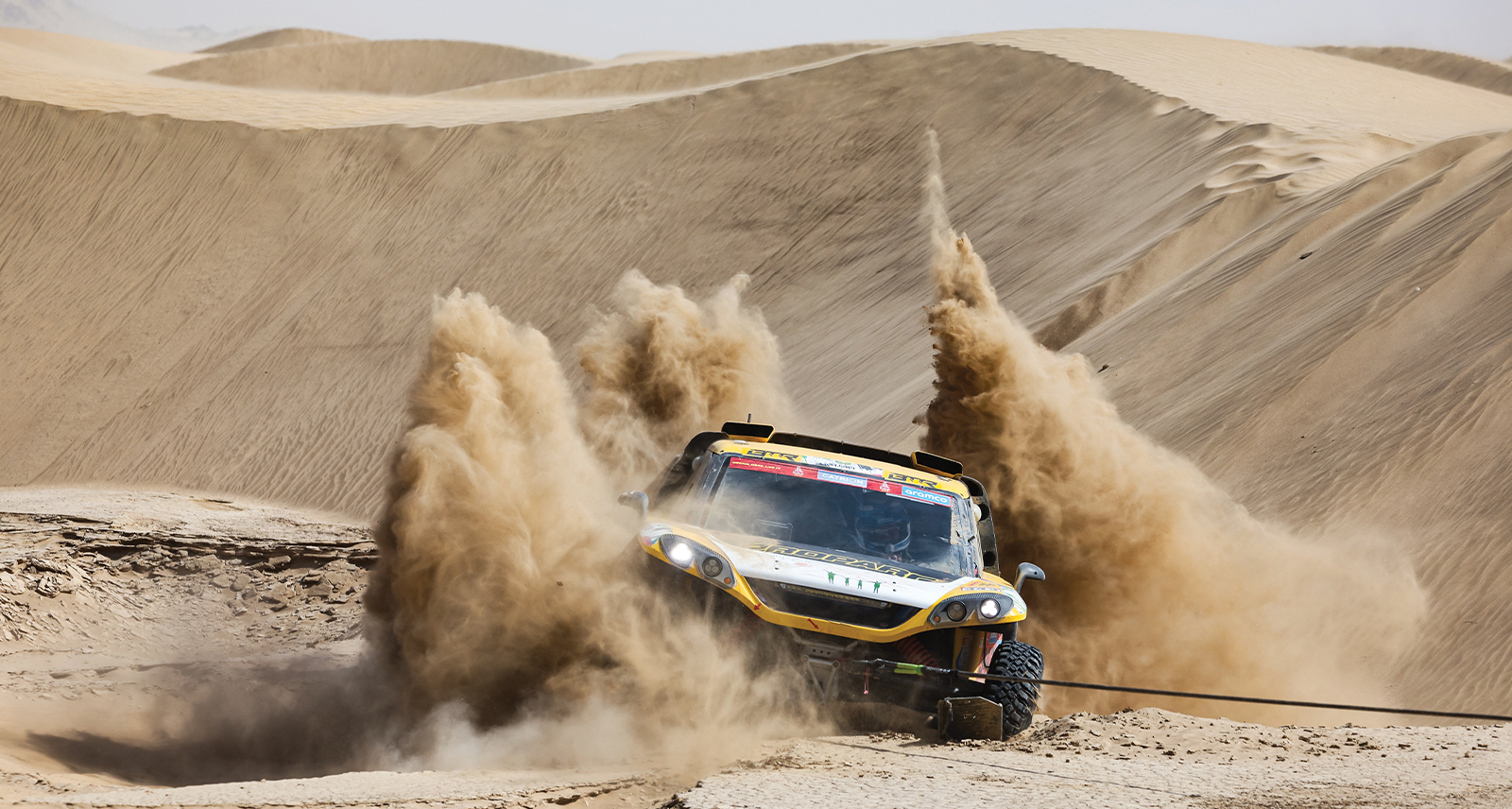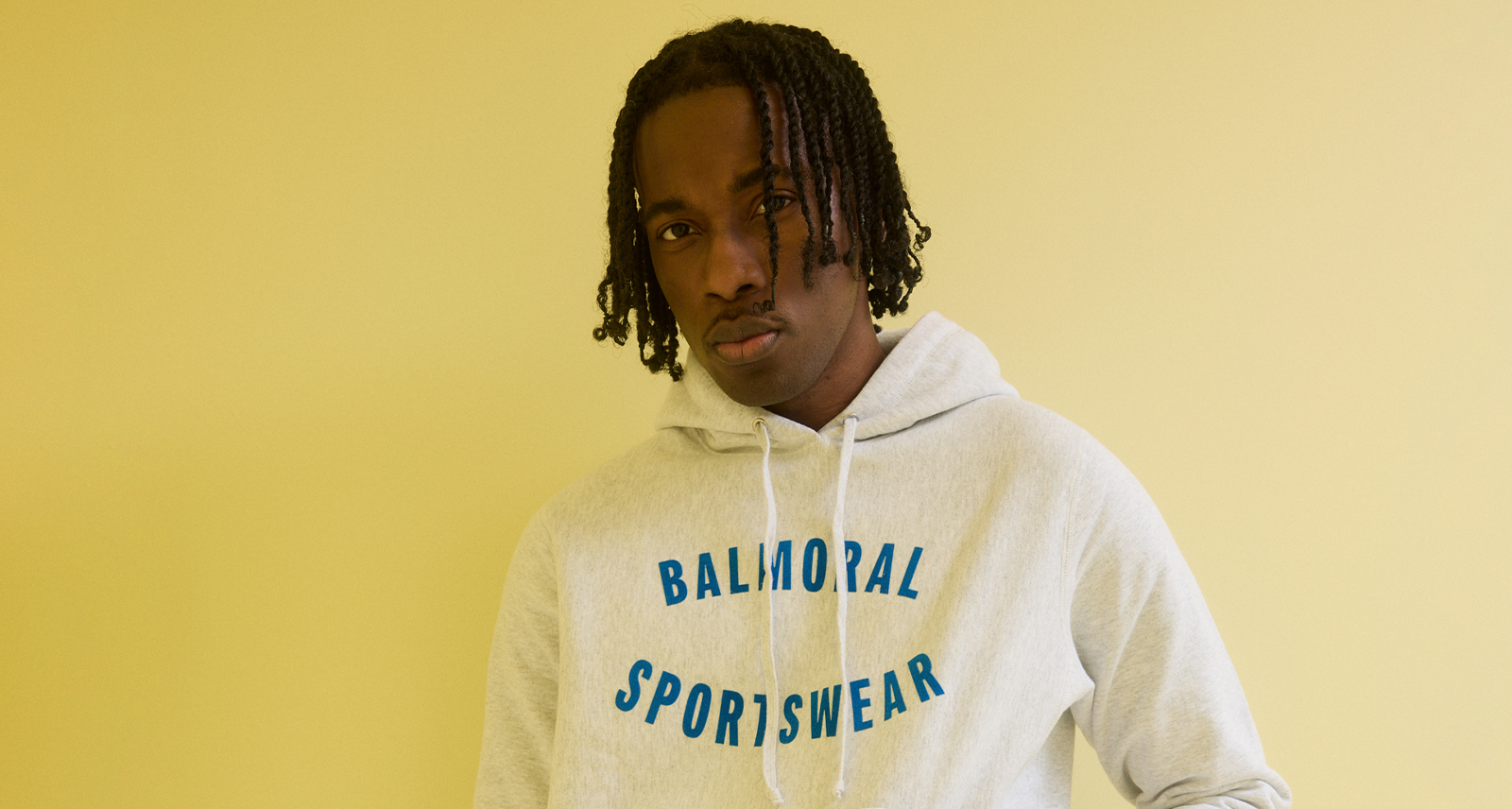Roger Federer Talks Documentary “Federer: Twelve Final Days”
When Roger Federer announced that he was going to retire, the news that one of the greatest of all time was preparing to hang up his racquet sent shockwaves across the sporting world. He played his final game of professional tennis in a doubles match with his long-time rival Rafael Nadal at the Laver Cup in September 2022, as the curtain finally closed on an iconic career.
During his 24-year tenure atop the tennis world, Federer cemented his legacy with 103 singles titles (including 20 Grand Slams), an Olympic gold medal, and the title of World No. 1, which he held for a staggering 237 consecutive weeks. The emotional 12 final days of Federer’s professional career are the focus of a new Prime Video documentary that takes the audience behind the scenes of one of the most poignant moments in sporting history. Ahead of its release in late June, SHARP spoke with Federer about life away from the spotlight, his greatest rivalries, and the challenges of documenting such an emotional farewell to the sport.
How does it feel to be letting people behind the scenes with this documentary that follows the emotional days before your retirement?
It’s not something I thought was going to happen. When we [planned] the farewell tour in London, I decided to bring Joe Sabia and a sound guy to come with me for the last hurrah. The idea was to have it for me, my friends, family, and kids. Even now, to share it, I can’t believe we are really doing this, but the footage was too good to be kept in-house.
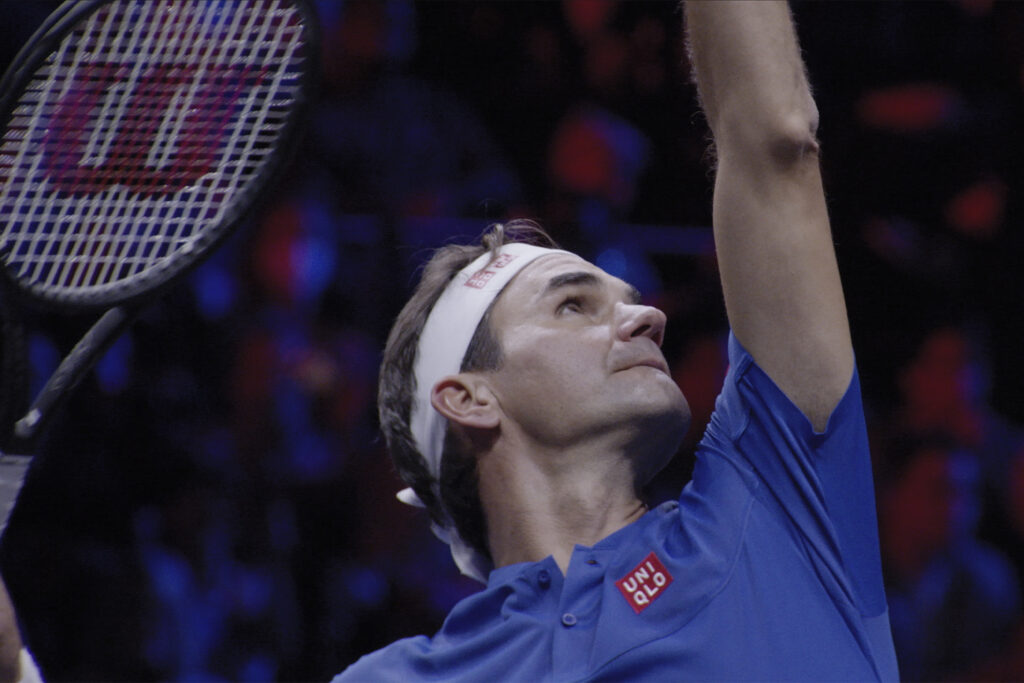
Did you feel comfortable with the cameras being there because you didn’t intend the footage to be made public?
It was very organic and natural, and as you said, maybe I had in the back of my mind that it wasn’t going to be used, so I felt more relaxed. My agent told me, “Let’s just have these guys here and if you want to use the footage, use it.” The idea was to maybe use some for social media, a few snippets here and there as I embark on the final couple of weeks of my career.
The director came up to me and said, “There’s so much incredible footage, you can’t just hoard this for yourself.” A couple of months after my retirement, I saw a 60-minute raw documentary of it. I even cried watching that because there were so many incredible moments and there was a lot I was going through.
When were you certain that you were going to retire?
They were celebrating 100 years of Centre Court at Wimbledon in 2022, and I wasn’t sure if I should come to that, because I was injured and couldn’t play Wimbledon, so I thought that maybe I shouldn’t be there. Last minute, I decided to go, and I said on court, “I hope I see you next year.” It was really heartfelt, and I meant that. In the following weeks, I felt that the progress of my knee was way slower than I thought, and I felt that this was it.
This was in August, and now the question was, “What does that mean?” Do I retire quickly or not? My parents would call me up and say, “How long are you going to hold this information? It’s killing us!” You have friends and parents asking, “How is Roger doing?” We knew everything but who could we tell? Because sooner or later this stuff gets out.
The idea started happening for doubles at the Laver Cup with Rafa [Nadal], which was an iconic and epic way to close a chapter.
“You see it a lot in boxing or UFC, the respect they have for one another. They go to battle, but at the end it’s all forgotten, and you’re super happy and respectful that the person is okay and thankful that they made you a better person and a better player.”
Roger Federer on rivalry-turned-friendship with Rafael Nadal.
What has life been like after retirement? It must be a difficult adjustment because you’ve been so used to a strict training regimen.
Retirement has been like a weight lifted off my shoulders. I tried everything and more to come back, but I definitely got unlucky with my knee towards the end of my career. [However,] I’m not going to think like that because my body and my knees have given me so much throughout my career. Up until 34-35, I had very few injuries and everything came towards the back end of my career.
The shift was also very natural because obviously, COVID hit, but I was also rehabbing the whole time. So, at one point it was inevitable that I was going to retire. It came at the right time, and I was at peace. I knew the moment of retirement was going to be special but really tough and emotional for me to go through, because I wanted the chance to thank my fans and the tennis community and [share] a moment like that. Life has been great ever since; I’ve been really enjoying myself!
You’ve had both an incredible professional rivalry and personal relationship with Rafael Nadal. Do you consider that a lifelong bond?
Definitely! Close matches like those I’ve had with Novak [Djokovic], [Andy] Murray, and Rafa bond you in a certain way.
With Rafa, his family and coaches also get along very well with my family and my team, so to come out on the other side of both of our careers and be able to get along so well is really beautiful for both of us. But also, for the public to see that you can have really tough and brutal rivalries but still really enjoy each other’s company and respect their craft.
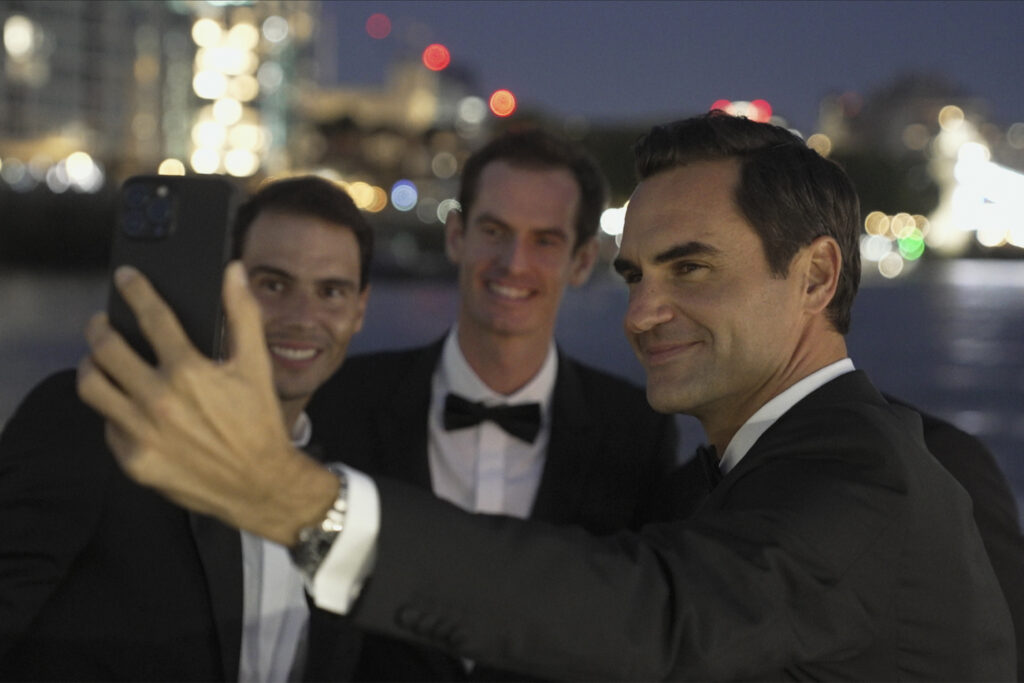
It’s like two boxers that have had an intense fight; they usually end the bout with a hug and leave the ring with huge respect for one another.
Exactly, you see it a lot in boxing or UFC, the respect they have for one another. They go to battle, but at the end it’s all forgotten, and you’re super happy and respectful that the person is okay and thankful that they made you a better person and a better player.
You won five consecutive US Open and Wimbledon titles, what mindset did you have going into those tournaments?
I don’t know what it was, but it was a good one. I liked summertime, and July to September was a very good time of the year for me. Wimbledon always came very naturally to me, with the surface and not shying away from the big stage and being able to handle that pressure.
When you’re on a roll like this, you have this incredible confidence, and it really takes a great effort for someone to beat you. You need an off day. Even though you know anything can happen in tennis and professional sports, you definitely need a mindset where you go in as a winner and that you want to defend your title. You’re very clear. Whereas, when you start out on the tour, you’re not sure what to think.
What happens when you’re the defending champion is that you go step-by-step without overthinking the whole process. When you’re confident and World No. 1, the goals are clearly set and focused on every minute at a time, instead of being focused too far ahead.
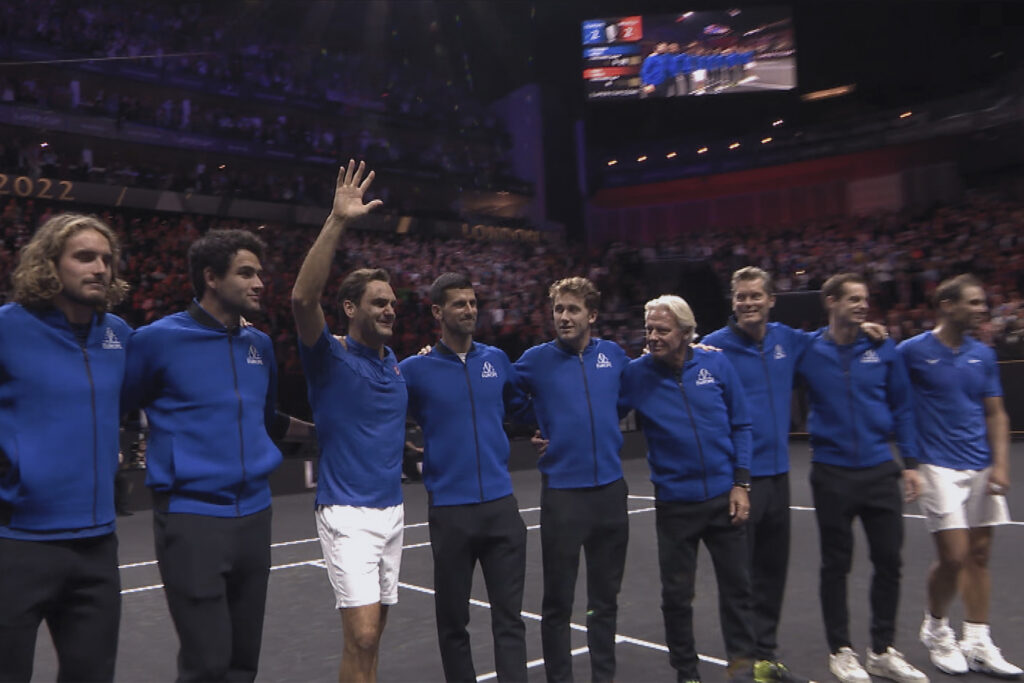
Is this something you had to develop?
I’ll never forget the 2002 French Open when I lost in the first round. I lost the first set, and I was thinking to myself on centre court, “How am I ever going to win the French Open this year?” […] I had made a big mistake and a mess of my mind going into the French Open because I felt like I was going to win it. But I wasn’t ready to battle and dig deep. Later on, I got so much clarity, and it was so much easier to focus on point-by-point mentality.
I can imagine it would have a psychological effect on the opponent too, because you’re facing someone who has not been beaten in five tournaments. It must put doubt in their minds.
You definitely create an aura or an image that you are hard to beat, and that confidence is on your side. I’ve played the likes of Rafa, Novak, and Murray when they were super “on” and there is a feeling that the situation might play out the way it’s supposed to be and that the better player is going to win.
The other player has to change up their game, even though you don’t want to change up your game normally, you want the other guy to do that. It’s like an arm wrestle and it’s very hard to get out of that. Sometimes you have to just work on your game, but other times you don’t have time, and you play the guy again but you’re just not ready mentally. That’s when it gets hard and maybe you lose two or three times in a row, like some have done against me. It’s tricky but it made us stronger.
